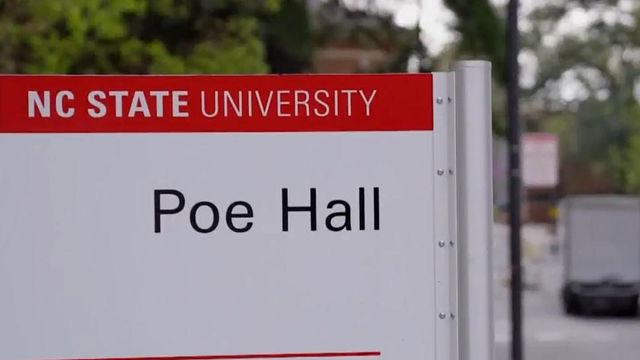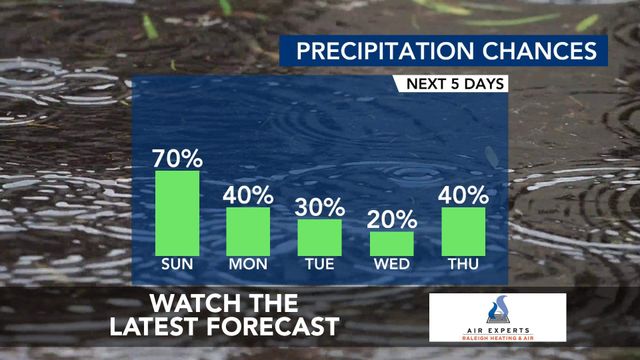'What are they hiding?': Petition alleges NCSU destroyed evidence in Poe Hall
A petition filed in civil court Wednesday alleges NC State may have destroyed or removed evidence inside Poe Hall. The once-busy campus building closed last November, following reports of cancer and dangerous levels of toxic chemicals - PCBs.
In the five months since, NC State has relied on its consultants to conduct further testing at Poe Hall and prevented attorneys Bryan Brice, David Kirby and their independent investigators from entering the building and taking samples, according to the petition.
“I cannot understand your honor why all of this is secret information when it’s a public building in a public university,” pondered Kirby, who is working on behalf of petitioner, Darren Masier.
Masier is one of the 170 people who have told WRAL 5 On Your Side that they developed cancer after working or studying in Poe Hall.
NC State’s Chancellor Randy Woodson told WRAL News that the university is unable to comment on health concerns until testing is complete. Woodson initially told WRAL that the results would be released by the end of April, but that appears unlikely. A spokesperson for the university told WRAL that it no longer had a firm release date.
“What are they hiding?” Brice asked rhetorically in court.
Many of the workers, students and alumni who later developed cancer have been critical of NC State’s handling of the matter. Many have reported that the university never responded to them when they tried to report their cancer.
Separately, PCB experts have been critical of Geosyntec Consults, the firm hired to handle testing at Poe Hall. Geosyntec’s last report was put out in February. At the time, they collected around 100 samples. Several experts, including Dr. David Herrick, told WRAL 5 On Your Side that the university would need to collect hundreds or thousands of samples inside the 7-story building to understand where the PCB contamination was coming from.
During the hearing, Todd Roessler, an attorney working on behalf of N.C. State, told Judge Tessener that the university turned on the building’s HVAC system on April 16. Brice and Kirby argued this could significantly impact the building’s environment and PCB testing results.
Roessler said the university has not taken any samples since turning on the HVAC system. Kirby and Brice said it was imperative to get into the building and take new samples, in light of the HVAC being turned back on.
PCBs are invisible and detected only through extensive air, dust and surface sampling. Unlike asbestos, PCBs can affect a person even if they’re not disturbed, thanks to their ability to become airborne. They were used in building materials such as paint, caulking and insulation, as well as machinery, prior to a 1979 EPA ban.
Judge Tessener will decide next week if Brice and Kirby can gain access to Poe Hall. Depending on what is found, it could pave the way for many lawsuits to come.
You can find complete and comprehensive coverage of Poe Hall on WRAL.com.













